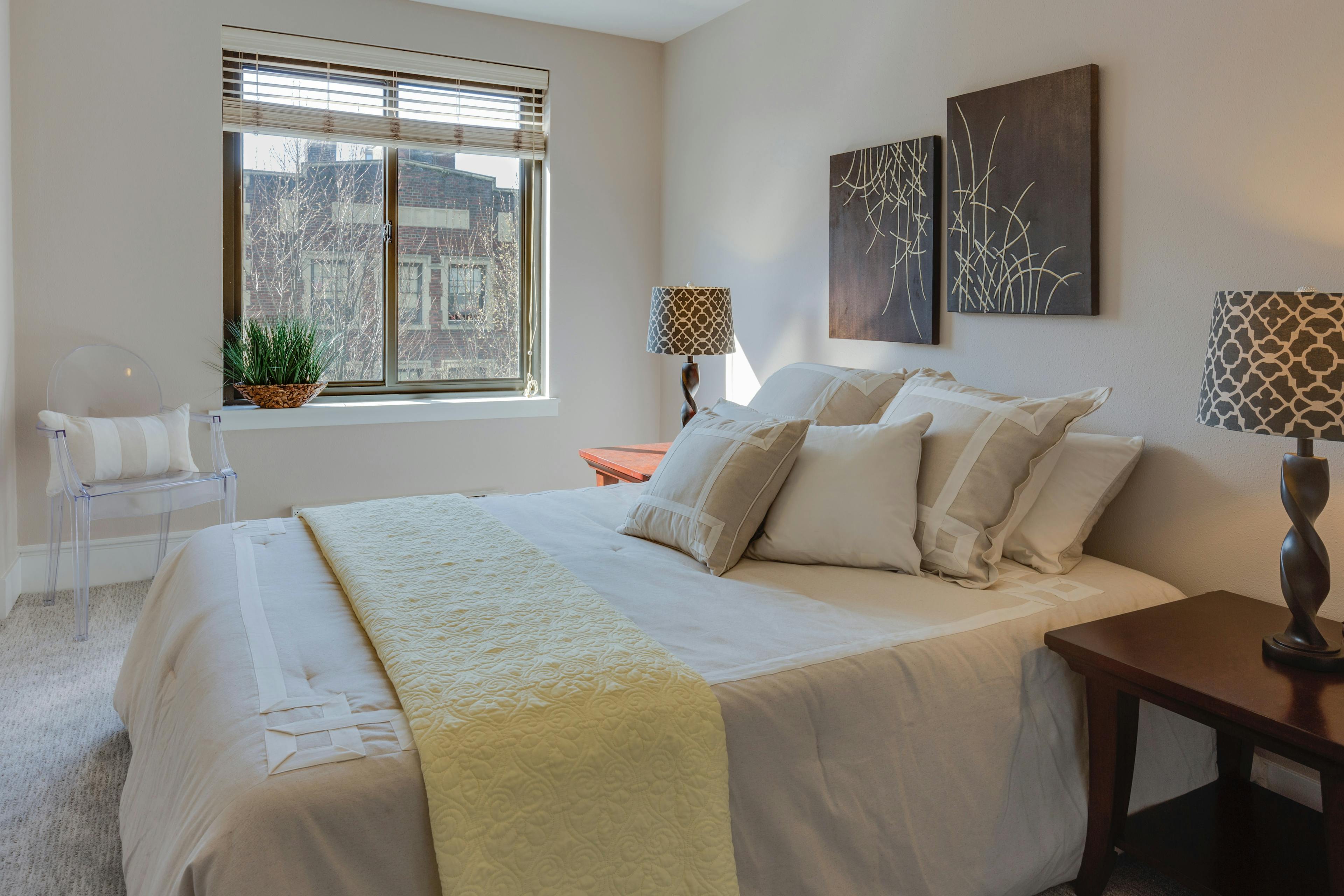When it comes to tax-saving tips for selling a house, there is a lot to know. Whether you’re selling your house because you want to up- or downsize, or you’re moving to a different part of the country, the last thing you likely want is to be stuck with a big tax bill. In general, as far as taxes when selling a house, you may have to pay on what you earn from a sale but there are ways to reduce how much you owe or eliminate the taxes altogether. If you lived in your house for two out of five years right before the sale, the first $250,000 profit is tax-free. If you’re married and you file a joint tax return with your spouse, your tax-free profit goes up to $500,000—to reiterate, this is profit, not income. So basically, your tax rate is based on how much you gain when you sell your house, and not on the total you make from selling it. With selling a home, the primary tax issue to understand is capital gains taxes. With capital gains, you have to pay taxes when you sell something for a higher price than what you put into the asset. There are short- and long-term capital gains. Short-term capital gains are gains on those assets you’ve had a year or less. They are taxed at the same rate as your income, such as your wages from work. Long-term capital gains are what you pay on assets you’ve had more than a year, and long-term capital gains rates are lower than short-term rates. Beyond that, the following are some tax-saving tips when selling a house.


